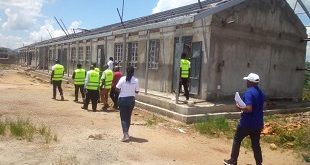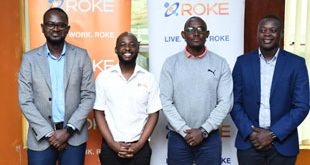Through this partnership, Rocket Health’s team of licensed medical professionals will monitor and coordinate the healthcare needs of a select group of clients under UAPOM medical insurance scheme through convenient and time-saving services remotely.
But despite the assurances, Dr. Charles Olaro, the Director Curative Services in the Health Ministry, says there are a lot of unanswered questions when it comes to the use of telemedicine in the country.
He says more research needs to be done to try and determine how the services should be run because they pose a very high risk to patients. “We need to go back and see what is provided for in the law because the practice of such medicine poses many risks to patients,” Dr. Olaro said.
Robinah Kaitiritimba, the Executive Director Uganda National Health Consumers Organisation, says the while telemedicine has the potential to improve access to medical services, caution must be taken.
Dr. Ssentongo says works are under way to better regulate the field, adding that some of the areas that will be addressed will be conditions under, which a doctor can be held liable.
“We shall look at a number of things under the regulation like how patient information should be handled and who can be held liable in case something goes wrong. We are also going to set safety measures during online prescriptions of medicines so that patients get what they need.”
Elizabeth Magara, an engineer says that telemedicine would simplify access to medication for so many people. She however, says both doctors and patients would have to maintain the utmost level of sincerity for it work. “If the diagnosis is correct this works. If the symptoms are easy, it saves time and energy. But if someone tells lies or tells symptoms that are not right, it would be risky. It exposes people to unnecessary medication,” Magara said.
Despite the reservations, Dr. Ekwaro Obuku, the president of the Uganda Medical Association, says telemedicine is an important intervention that will address the human resource gap.
“This is a crucial intervention to increase access to universal health coverage. Uganda needs another 35,000. 5,000 of these should be specialists but most of them leave the country after they qualify. So, until government comes up with a policy to retain specialists, telemedicine is our next best option,” he said.
*****
URN
 The Independent Uganda: You get the Truth we Pay the Price
The Independent Uganda: You get the Truth we Pay the Price


